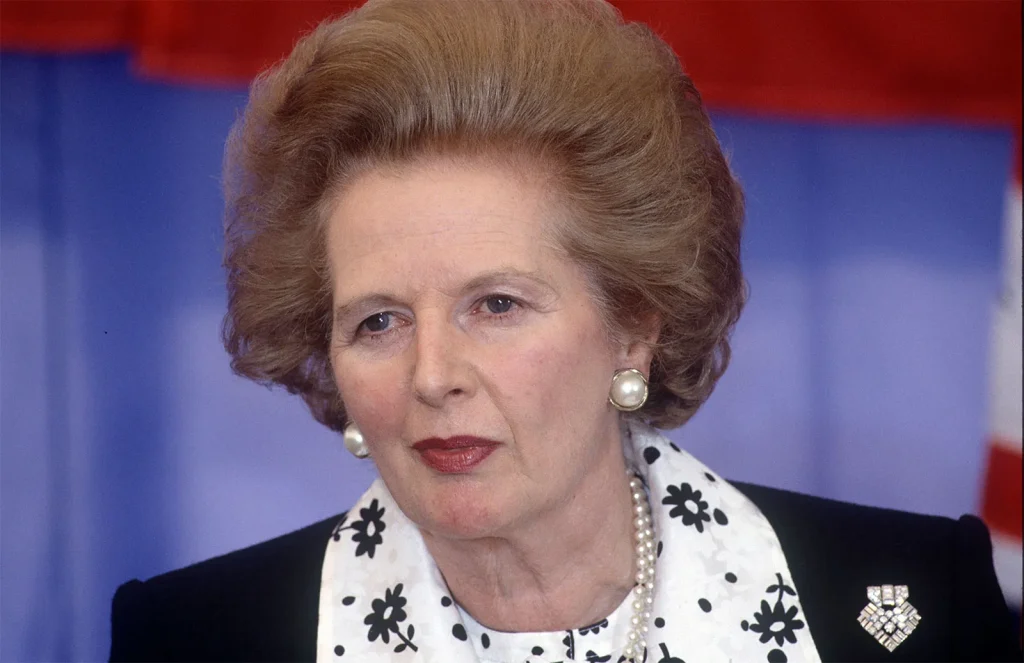A failed ideology
The UK has been governed by essentially the same policy for 45 years. This is the doctrine that says low tax rates will produce greater government revenue, that public services should be kept to a minimum, that assets which were previously in the public realm should be privatised.
Britain wasn’t alone – the ideology of neoliberalism spread across the western world from 1979 onwards – with catastrophic results.
One key aspect of the neoliberal agenda was the privatisation of public assets. It’s no use pretending that British Rail offered a wonderful passenger experience but, since the 1994 privatisation, things have gone from bad to worse. Anyone who commutes regularly from Leeds to Manchester will have stories of delays, cancellations and journeys with standing room only.
But if rail privatisation was bad, water privatisation has been even worse. The ten regional water authorities in England & Wales were sold off in 1989 by Margaret Thatcher’s government. Ironically, the chief reason given for this looting of public assets was said to be a lack of investment in infrastructure.
Privatisation has resulted in money being taken out of the water companies instead of being invested. According to a report in the Financial Times, since 1989 £53 billion has been invested but £72 billion has been distributed in dividends to shareholders.
What has been the result after more than 30 years? According to the Rivers Trust, just 15% of English rivers are in good ecological condition.
Another salient feature of the neoliberal project is the reduction of public spending. This has also had disastrous consequences for ordinary people: local authorities are going bankrupt or cutting services to the bone. Readers will recall the austerity imposed by the Tories after 2010 – Sure Start children’s centres were closed, benefits were cut, NHS funding failed to keep pace the demands of an ageing population. Cameron and Osborne claimed that “we are all in this together”. This was a blatant lie – those who were wealthy enough to pay for private health and education didn’t suffer at all.
It’s hard to overstate the extent of the damage done by 14 years of Toryism – the NHS on its knees, care for the elderly in crisis, schools crumbling with rotten concrete. So it’s not surprising that the Tories were kicked out in 2024. Perhaps the remarkable fact is that they lasted as long as they did. It should be noted that last year’s Labour victory was unconvincing: almost two in three voters supported a party other than Labour. But in our corrupt electoral system a popular vote share of just 33.7% was enough to put Keir Starmer into No 10.
Where does this leave the Conservative Party? They appear to have learned nothing – they remain committed to the ideology that has left our country in ruins. The new Tory leader is from the right of the party and seems keen to blame immigration for the country’s problems and stoke so-called culture wars. This should be seen for what it is: a smoke and mirrors operation to distract public attention from the disasters of their 14 years in government.
It would be nice to think that Starmer’s Labour party will make a significant difference. The signs are not promising. The only major policy that suggests Labour has the courage to bring about major change is the imposition of VAT on private schools. This is welcome but it’s hardly transformative.



